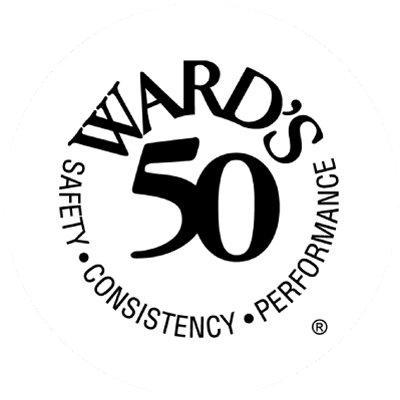With hurricane season in the Atlantic starting June 1, it’s important to have a plan for your family, your home, car and business. With a few simple steps to take now, before the threat of a hurricane looms, you can make sure a catastrophic event is a bit easier to manage.
BASIC HURRICANE TERMS:
Hurricane watch: Issued when there is a possibility of hurricane conditions within 48 hours.
Hurricane warning: Issued when conditions are expected in a specified area in 36 hours or less. Actions for protection of life and property should begin immediately when the warning is issued.
Tornado warning: Hurricanes can spawn tornadoes, which may lead to severe damage and casualties. A warning is issued when a tornado is imminent. When a tornado warning is issued seek shelter immediately.
Be prepared
- Have a plan for you and your family.
- Know the hurricane risks in your area; learn the storm surge history and elevation of your area.
- Learn about local shelter plans, including the location of official shelters.
- Ensure that enough non-perishable food and water supplies are on hand.
- Have at least a one-week supply of medications on hand.
- Obtain and store materials such as plywood, necessary to properly secure your home.
- Clear loose and clogged rain gutters and downspouts.
- Review your insurance policy.
- Make plans now on what to do with your pets should you be required to evacuate your residence. Many public health regulations do not allow pets in public shelters, nor do most hotels/motels allow them.
- Individuals with special needs or others requiring more information should contact their county emergency management office.
Emergency Supply Kit
Take time to gather the essentials and store them in a safe, dry location:
- Flashlights with extra fresh batteries.
- Portable radio with extra batteries.
- First aid kit.
- Fire extinguisher suitable for all types of fires and should be easily accessible.
- Store a three-day supply of food for each person. Include food for infants or the elderly, a non-electric can opener, cooking utensils, paper/plastic plates and plastic utensils.
- Store a 3-day supply of water (one gallon per person per day). Keep a disinfectant, such as iodine tablets, to purify water, if necessary.
- Extra blankets and clothing may be required to keep warm. Include sturdy shoes which will protect feet from broken glass and debris.
- Alternate cooking source: Store barbecue, charcoal, starter and matches in the event utilities are out of service. Do not use these methods of cooking within a confined area.
- Special items for infant, elderly or disabled family members: Have at least a one-week supply of medications and foods for infants and those on special diets.
- Tools: Have a crescent or pipe wrench to turn off gas and water if necessary and know the location of the shut-off valves.
- Important documents should be stored in a waterproof container. Include the following: insurance policies, medical records, bank account numbers, Social Security card, etc. Also include your checkbook, cash, credit cards and ATM cards.
Take inventory of your possessions
When you need to file a claim, the claims process will be faster and easier if you can present your company with a record of your possessions. Take time to write down, photograph and/or videotape the items in each room in your home.
Store the inventory in a safe location away from your home, such as a safety deposit box in a bank.
Make sure you update your list periodically to keep it current with new purchases.
REVIEW YOUR INSURANCE INFORMATION
Make sure you not only have adequate insurance protection for your home or business, but also make sure you understand what your policy covers, and what deductibles apply.
For example, homeowners’ coverage does NOT cover flooding, so it will be necessary to purchase separate flood insurance that is available through the federal government (www.floodsmart.gov).
If you have any questions on your policy, make sure you talk with your independent insurance agent.
Protecting Your Vehicle From Water Damage:
- Park your vehicle on high ground and away from trees.
- Avoid driving in flooded areas.
- If you enter a flooded area, drive slowly and test your brakes after clearing the area.
- Keep the gas tank full.
- Keep a blanket and first aid kit in your vehicle.
- If your vehicle floods, have a mechanic inspect it before restarting it.
For more information:
National Weather Service -National Hurricane Center: www.nhc.noaa.gov/prepare
American Red Cross: www.redcross.org/get-help/prepare-for-emergencies/be-red-cross-ready


